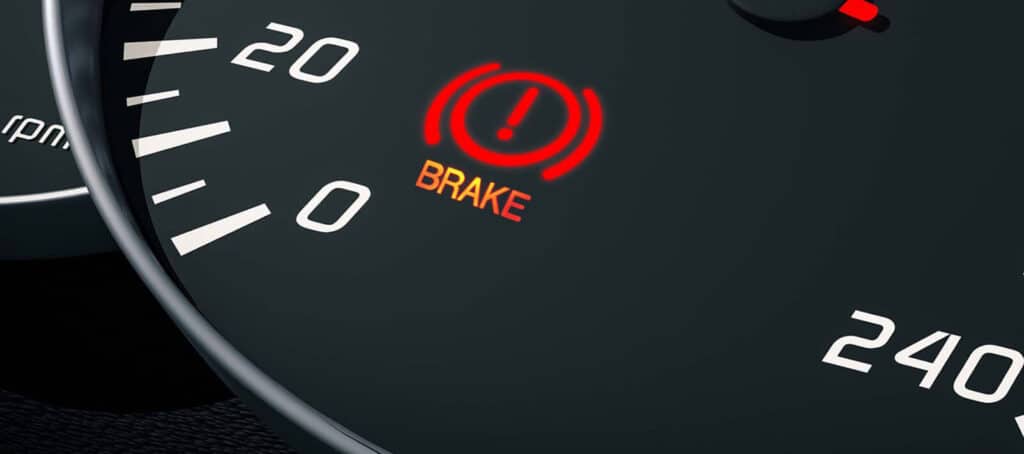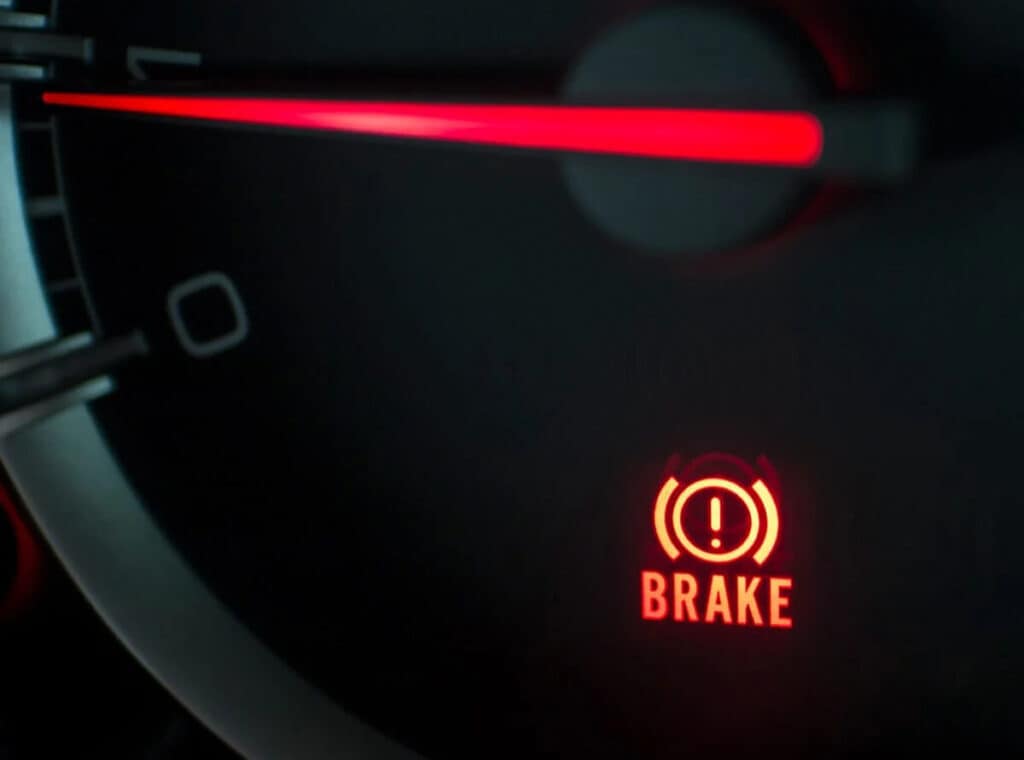Introduction: Understanding the Brake System Warning Light
Imagine driving down the road when suddenly, your brake system warning light illuminates on your dashboard. What does it mean, and how should you react? This article will explore the possible causes of the brake system warning light activation, how to respond when it comes on, and the importance of regular brake system maintenance. Keep reading to ensure you’re prepared to handle this potentially dangerous situation.

Causes of the Brake System Warning Light Activation
There are several reasons why your brake system warning light might come on. Some of the most common causes include:
Worn Brake Pads
Brake pads naturally wear down over time, and when they reach a critical point, the warning light may be triggered.
Low Brake Fluid Levels
If your brake fluid level drops below a certain point, the brake system warning light may come on, indicating that you need to top off the fluid.
Faulty ABS Components
A malfunction within the anti-lock braking system (ABS) can cause the brake system warning light to activate.
Parking Brake Engagement
Sometimes, the brake system warning light may come on if the parking brake is engaged, even if it’s only partially applied in the brake system warning light activating. This is usually an indication of a more severe issue that requires immediate attention.
How to Respond When the Brake System Warning Light Comes On
When your brake system warning light comes on, it’s essential to take the following steps to ensure your safety:
Safety Precautions
Slow down and pull over to a safe location as soon as possible. Avoid sudden or harsh braking, as this may exacerbate the issue or cause an accident.
Checking the Parking Brake
Before taking further action, ensure that your parking brake is fully disengaged. Sometimes, the brake system warning light may come on if the parking brake is partially applied.
Inspecting Brake Fluid Levels
Check the brake fluid reservoir under the hood of your car. If the fluid level is low, top it off with the appropriate brake fluid. However, if you notice a significant drop in brake fluid levels or suspect a leak, seek professional help immediately.
Monitoring Brake Performance
After addressing the parking brake and brake fluid levels, drive cautiously and pay attention to any changes in brake performance. If you notice any abnormalities, such as spongy brakes or a lack of stopping power, it’s crucial to visit a professional mechanic as soon as possible.
When to Seek Professional Assistance for Brake System Warning Light Issues
If the brake system warning light remains on after checking the parking brake and brake fluid levels, or if you experience a decline in brake performance, it’s essential to seek professional assistance. Ignoring these warning signs can lead to dangerous situations and expensive repairs.
Preventive Measures to Avoid Brake System Warning Light Activation
To minimize the chances of your brake system warning light coming on, consider the following preventive measures:
1. Regularly inspect your brake pads and rotors for wear, and replace them as needed.
2. Check your brake fluid levels periodically and top them off with the appropriate fluid when necessary.
3. Keep an eye out for any signs of brake line leaks or damage, and have them repaired promptly.
4. Schedule routine brake system maintenance, including inspections of the ABS components.
5. Always ensure your parking brake is fully disengaged before driving.
The Importance of Regular Brake System Maintenance and Inspection
Staying on top of your vehicle’s brake system maintenance is crucial for ensuring your safety on the road. Regular inspections can help identify and address potential issues before they escalate into more significant problems. In addition, maintaining your brake system can prolong the life of your brakes, enhance vehicle performance, and ultimately save you money on costly repairs down the line.

Understanding the Difference Between the Brake System Warning Light and ABS Warning Light
It’s important to note that the brake system warning light is different from the ABS warning light. While both lights are related to your vehicle’s braking system, the ABS warning light specifically indicates a problem with the anti-lock braking system. If either light comes on, it’s essential to address the issue promptly to ensure your vehicle remains safe to operate.
Conclusion: Ensuring Safety and Brake System Efficiency
When your brake system warning light comes on, it can be a cause for concern. However, by following the steps outlined in this article and seeking professional assistance when necessary, you can ensure your safety and the optimal performance of your vehicle’s braking system. Remember, preventative measures such as regular maintenance and inspections can help minimize the chances of your brake system warning light coming on in the first place. By taking care of your brakes, you can enjoy peace of mind and confident driving on the road.
